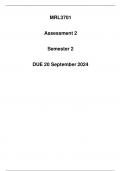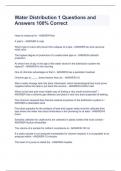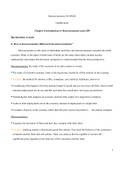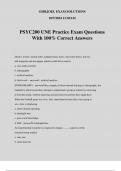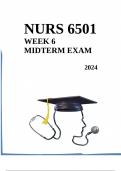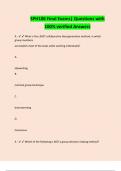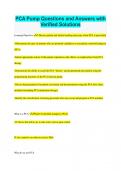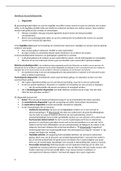Exam (elaborations)
MRL3701 Assessment 2 Due 20 September 2024 (Detailed solution)
- Course
- Institution
- Book
QUESTION: Simphiwe owes a total of R3 million to various creditors. His creditors include Tebogo to whom he owes R400 000. He also owes R1,3 million to BFN Bank. Last year Simphiwe invested in a get-rich-quick scheme and as a result he lost a lot of money. This left him in a dire financial si...
[Show more]
